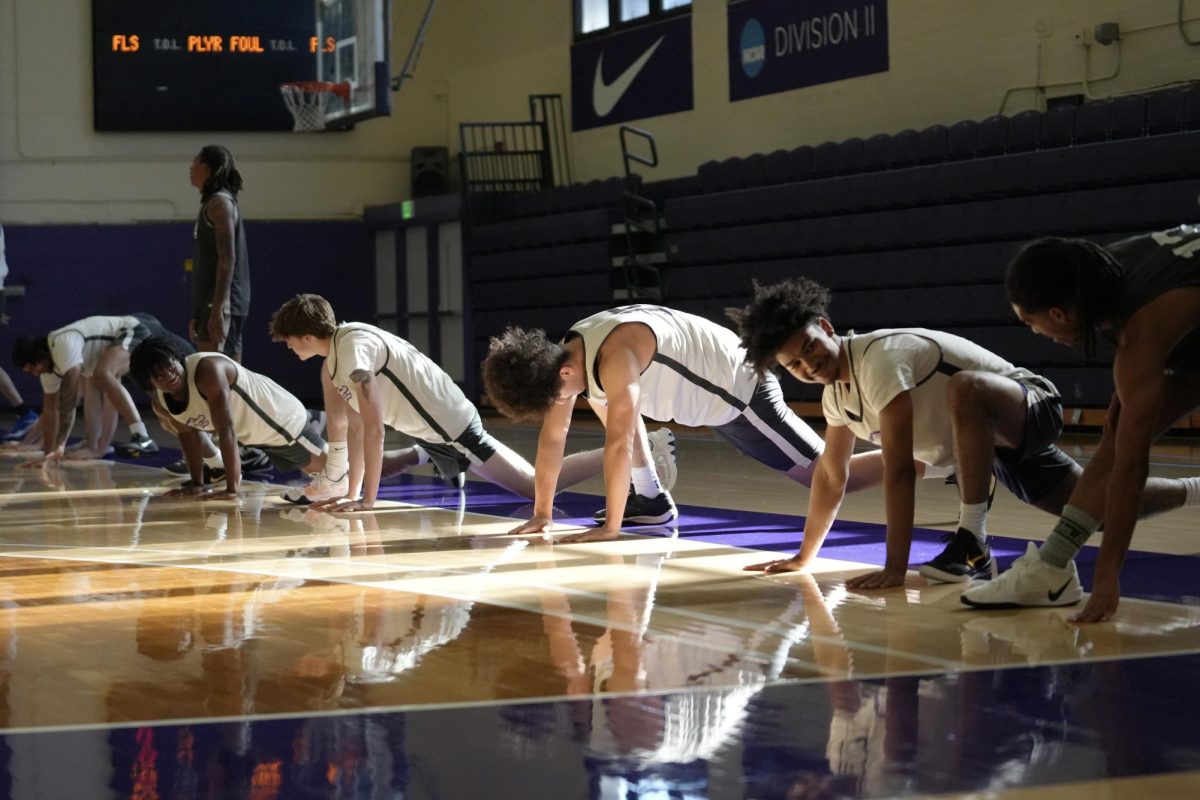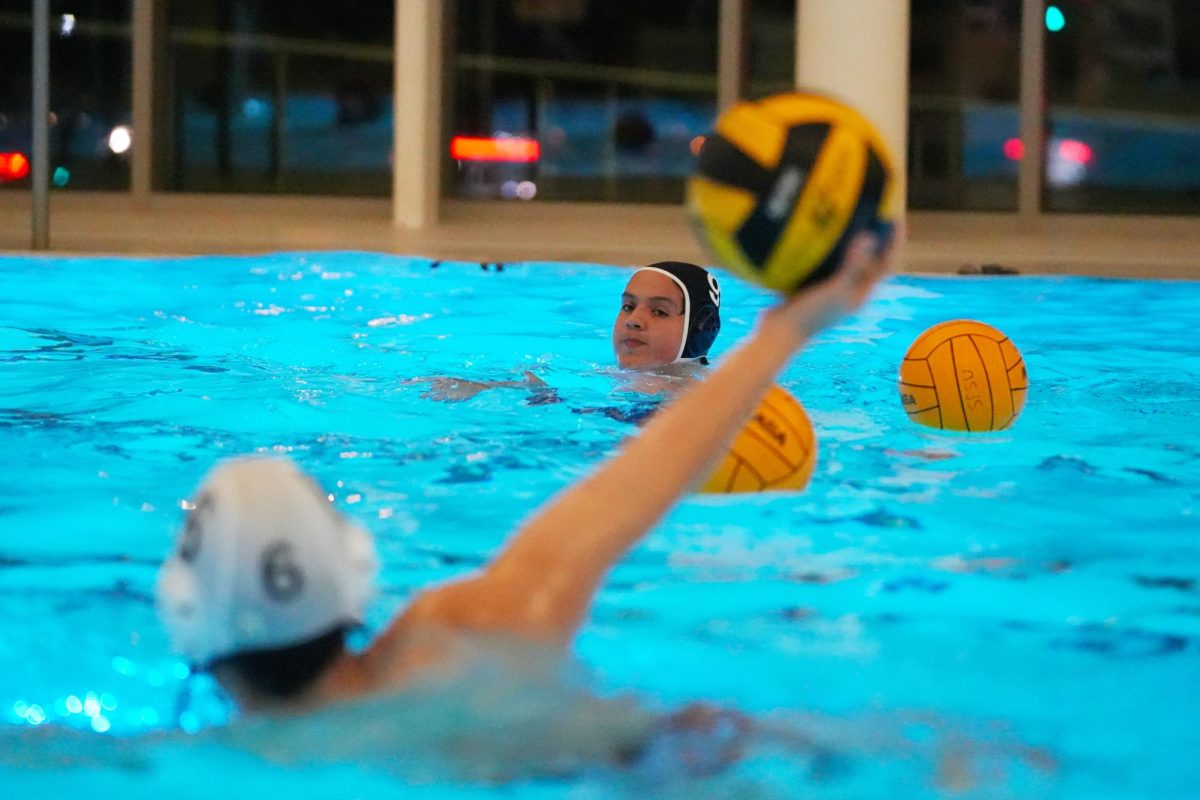
Student athletes no longer need to worry about lumpy fields, tall forest-like grass or surprise water puddles.
Starting this season, athletes will have the satisfaction of playing on well-kept fields now that Cox Stadium, Maloney Field and the softball field have undergone much needed makeovers by John Cahill, the grounds operation manager. After joining the staff last February, he implemented different maintenance practices.
“Right now we are going back to best practices on these (fields),” Cahill said. “We’ve purchased a roller for ‘em to move the surfaces out because that’s what the sports people want.”
This new management comes as a huge relief for University coaches, who have been dealing with the campus’ “inadequate” field maintenance, according to Joe Hunter, head coach for the men’s soccer team.
“In the past, it was just a lot of double talk (or) you wouldn’t get an answer,” Hunter said. “It was just ‘we’ll mow it, we’ll water it and that’s about all we can do for you.’”
The unsatisfactory outlook on the previous maintenance may have to do with how Phil Evans, the previous ground operation manager for 22 years and current director of site planning kept up the fields, according to Cahill.
“Sports field maintenance is one of the many special challenges encountered in maintaining a heavily populated urban campus,” Evans said. “Athletic fields are heavily used, and repair and maintenance windows are severely limited by user and event schedules, as well as weather conditions.”
Ever since Cahill took over Evans’ position, Hunter said he has been more aware of the arena conditions.
“I think (Cahill) understands the issue,” Hunter said. “At least he’s willing to listen and say ‘OK, coach, I understand what you’re saying. Let’s see if we can help you out.’”
It’s not a matter of working with a new budget or obtaining new equipment sparking noticeable improvements in field maintenance, according to Cahill. He said all they’ve done is utilize basic practices: aerating, tuning up irrigation on the baseball diamond, and fertilizing and over-seeding them. He also has workers double-check the quantities used in their work.
“Generally, my goal here is to bring these things up a couple of notches — all these fields,” Cahill said. “I think they need more attention (and) more maintenance.”
Since Cahill joined the staff, Hunter has noticed a roller has been added to the grounds service arsenal, allowing grounds staff to keep fields flat and leveled. He has also noticed that groundskeepers now mow the lawn at Cox Stadium three times a week instead of once or twice a week, which helps maintain an even playing surface for the soccer teams that use it during the fall.
Although Hunter said his team is more than willing to do what they can to help maintain the field conditions, there was only so much they could do last season. When needed, he said his team would fill small holes in the ground with sand, pick up trash and do other tasks, totaling about a half-hour of outside work daily.
The same applies to the University’s baseball team, who regularly spend an hour a day maintaining detail work on the ballpark. According to head baseball coach Mike Cummins, he and his team would do things like mow the terrain by hand, work on pitching mounds and add dirt and clay to the infield each day.
Kylie Grabowski, a junior softball player, said she and a few teammates have been out on the softball field for some pre-season practices and thought the field looked “great.” She said Lead Groundsworker Timothy Beall and his student workers have edged out the fields and taken out weeds cluttering the batting cages. With these sorts of improvements, Grabowski said she is “super excited” to play on the newly improved field.
“I think it’s gonna (make) a huge difference,” Grabowski, 20, said. “I mean, the maintenance workers have done a good job in the past, but Tim and the student (workers) have gone above and beyond.”
As far as the detail work the softball team does on their own field, Grabowski said she and her teammates take extra time to make it look nice because they take pride in how it looks and how they would want it to represent their team. Because of how much work Beall and the student workers have done to retain the look of each field, Grabowski thinks they won’t have to work on it as much from now on.
Still, with the new semester and season just getting started, both Hunter and Cummins are excited about the improvements made to the fields.
“So far, so good,” Cummins said.
Cahill has his own game plan for the upcoming seasons.
“You gotta get (the fields) really tuned up because they’re gonna take a beating again next time you get in the season, then you come back and do it again,” Cahill said. “That’s what maintenance is all about.”
An earlier version of this article incorrectly attributed a quote to Mike Cummins that was actually from John Cahill. We regret the error.






